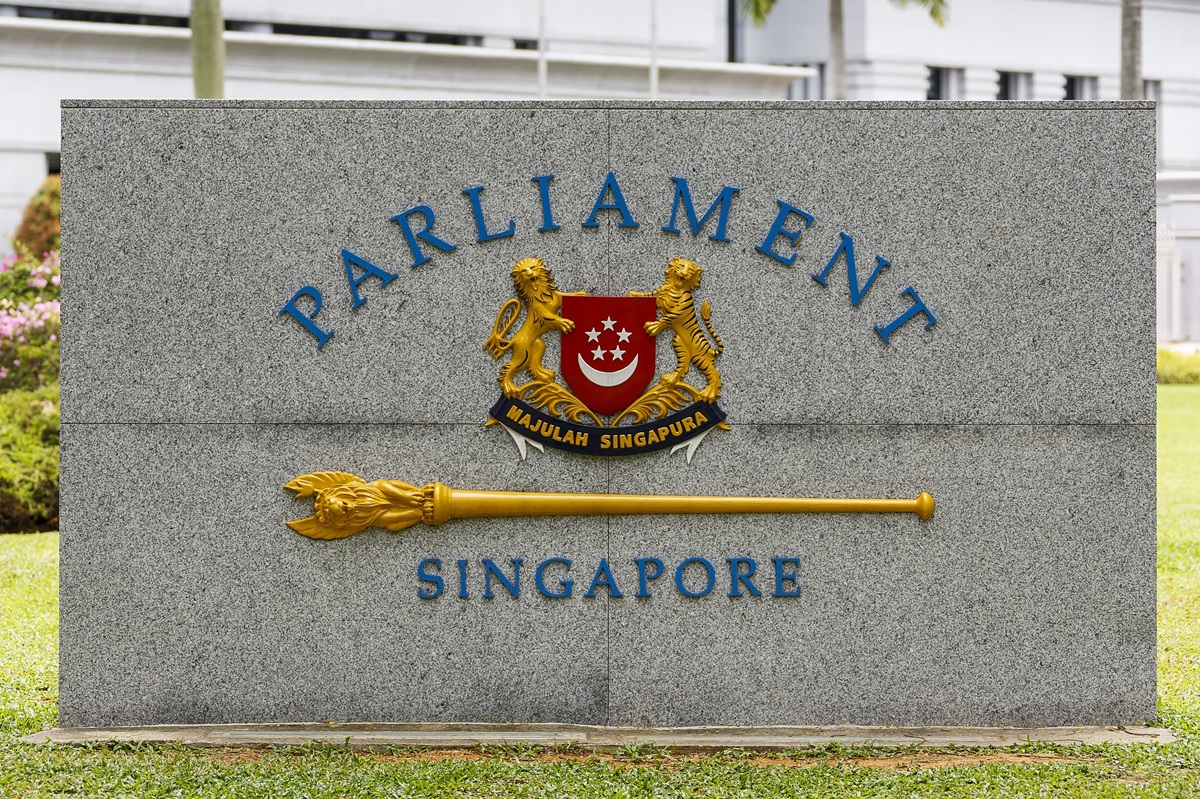Towards 2025 vote Singapore questions digital manipulation
With the revision of the electoral roll, operations towards the five-yearly renewal of the city-state's parliament have begun. Already a hundred accounts active on social networks have been blocked by the authorities for ‘hostile information campaigns’. While former premier Lee denounced the existence of fake videos of him produced with artificial intelligence.
Singapore (AsiaNews) - Singapore has begun its march towards the five-year parliamentary elections to be held by November 2025. The revision of the electoral roll - certified on 21 July and now open for public inspection - saw only a slight increase of 5,781 voters compared to last year's presidential election, to 2,715,187 eligible voters.
The data contained in the lists drawn up by the Elections Department can be verified publicly through the Singpass app or by phone, or by making an appointment in person at community centres and service centres in the area of residence. Voters living abroad can cast their vote by mail or in person at one of ten polling stations abroad, mostly in the Asia-Pacific region and then in London and in the United States in New York, Wahington and San Francisco.
The timely preparation of the electoral lists is not only part of a system to ensure the correct execution of the vote, but also to guard against irregularities or intrusions that could pollute the vote. Since 2006, but with even greater intensity in the 2011 elections, Singapore has already seen extensive use of social platforms as a tool for political information and confrontation, and the 2020 parliamentary elections were marked by electronic voting and a campaign that made extensive use of the possibilities offered by the Net.
However - the benefits of capillary and more immediate information on programmes and positions were also associated, for observers and government agencies, with an extensive disinformation campaign that risks becoming even more capillary in the next consultation, using the new tools made available by artificial intelligence and conveyed on the same platforms.
In this sense, warnings have come from various political figures, including former premier Lee Hsien Loong who was succeeded in government last May by Lawrence Wong. Lee denounced the existence of videos produced by artificial intelligence that would show him in situations that do not correspond to reality.
China is allegedly involved in initiatives aimed at directing the vote in the city-state and in this context the authorities have asked five social platforms to block a hundred accounts active in ‘hostile information campaigns’. The fears are clear, the risks obvious, and they call for solutions.
In this regard, the Minister for Digital Development and Information, Josephine Teo, pointed to the example of Seoul where the South Korean electoral law, which allows the date of the vote to be set well in advance, allowed for a 90-day prior ban on the dissemination of content generated by artificial intelligence during the April parliamentary elections.
14/10/2024 17:03
26/01/2023 17:10







.png)










